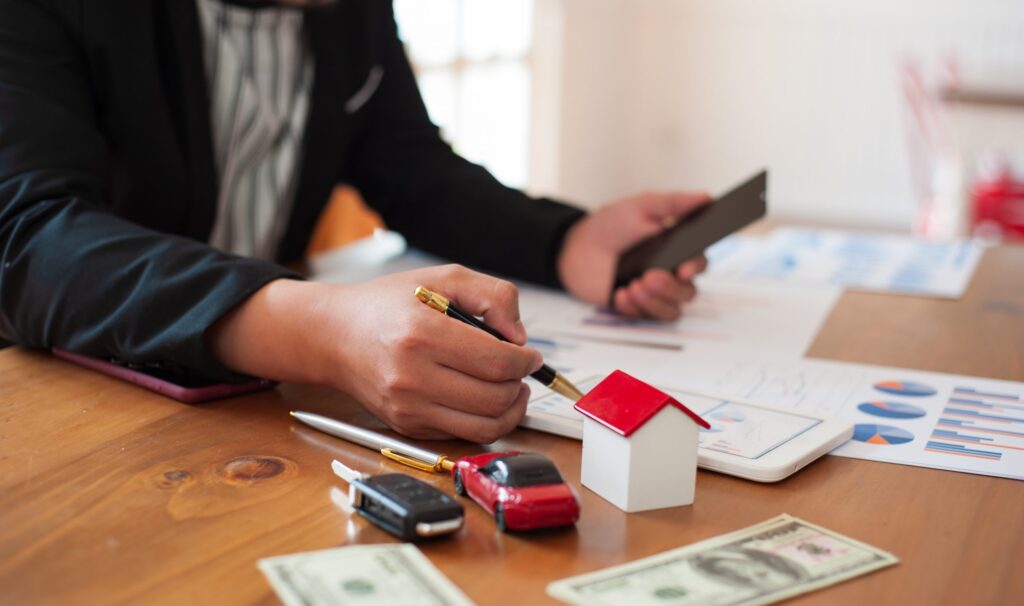Interest rates might sound like something only bankers and economists obsess over, but they actually pop up everywhere. Credit cards, savings accounts, car loans, student loans, mortgages—you name it. If money is involved, there’s probably an interest rate lurking nearby.
So what are they, and why should you care? Let’s break it down.
First things first: what is an interest rate?
In simple terms, an interest rate is the cost of borrowing money—or the reward for saving it. If you borrow money (like with a loan or credit card), interest is what you pay on top of what you borrowed. If you’re saving money (like in a high-yield savings account), interest is what you earn.
It’s basically the price tag for using someone else’s money—or letting someone else use yours.
There are two main types to know
- Fixed interest rate: It stays the same over time. Predictable, steady, no surprises.
- Variable interest rate: It can change based on the market. Sometimes good, sometimes chaos.
When interest is working against you
- Credit cards: High interest rates (we’re talking 20% or more) can make your balance balloon fast if you’re not paying in full.
- Loans: The longer your loan term, the more interest you’ll pay—especially if your rate is high.
- Late payments: Missing a payment can trigger penalty interest rates that make everything more expensive.
When interest is working for you
- Savings accounts: Some banks actually pay you to keep your money with them. (The good ones, anyway.)
- Investments and bonds: These often involve interest-based returns, depending on how they’re structured.
- Compound interest: This is the good kind—the kind that snowballs your savings over time. Basically: interest earns interest, and your money starts doing pushups.
What impacts interest rates?
- The Federal Reserve (they’re kind of the DJ of interest rates—raising or lowering the ‘volume’ to control inflation and economic growth)
- Inflation
- Your credit score
- The type of loan or account
- The lender’s terms
So yeah, it’s not just about numbers. It’s also about your timing, your history, and the economy doing its thing.
TL;DR
Interest rates affect way more than just your credit card bill. They influence what you earn, what you owe, and how far your money goes. The more you understand how they work, the better decisions you’ll make with your cash—whether you’re borrowing it or banking it.
Brigit does not provide personalized financial, investment, or legal advice. This content is for general informational purposes only and should not be relied upon as financial advice.










